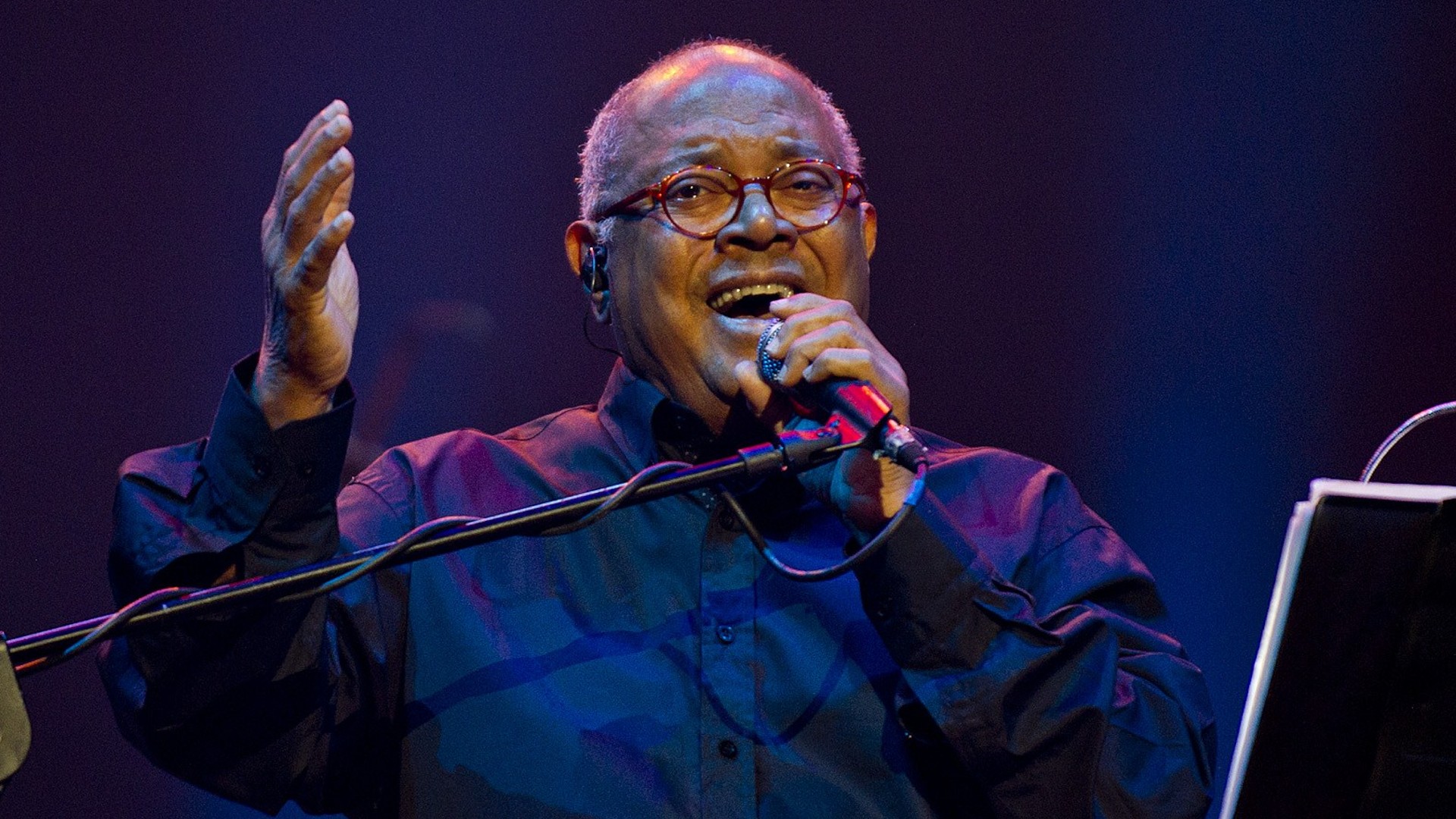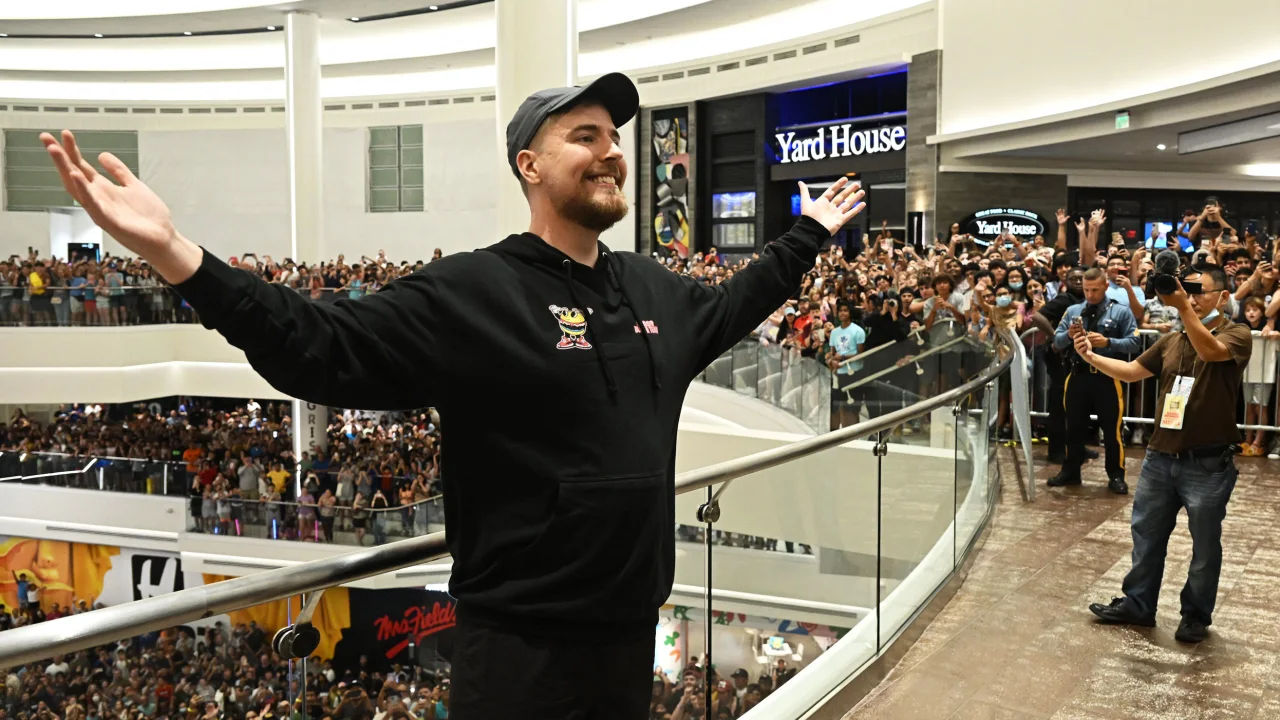(CNN Spanish) –– Cuban singer-songwriter Pablo Milanés, who immortalized songs like “Yolanda” and “Yo no te pido,” died Tuesday in Madrid, Spain, a relative of the artist confirmed to CNN. He was 79 years old.
Milanés’s official Facebook account posted a message announcing his death: “With great pain and sadness, we regret to inform you that the teacher Pablo Milanés has passed away this morning of November 22 in Madrid.” “May he rest in the love and peace that he has always transmitted. He will remain forever in our memory,” he added.
Cuban President Miguel Díaz-Canel reacted to the news on his verified Twitter page.
“Pablo has died, we read when we wake up this Tuesday in #Russia and the pain comes with the news. One of our greatest musicians physically disappears. Inseparable voice of the soundtrack of our generation. My condolences to his widow and his children, to Cuba,” Díaz-Canel wrote.
On November 12, the Pablo Milanés Artistic Office published a statement on his official Instagram account informing that the singer-songwriter was hospitalized to treat “the effects of a series of recurring infections that in the last three months have been affecting to his state of health.” According to the publication, the clinical situation was due to “an oncohematological disease” that Milanés has suffered since 2017.
Due to this hospitalization, the artist had to cancel the concerts of the following weeks.
Milanés, born in Bayamo, Cuba in 1943, started singing when he was just a child: at just 6 years old, he won a song contest on CMXK radio with the Mexican corrido “Juan Charrasqueado”, according to his official website.
In the 1950s, Milanés would move with his family to Havana, where “the musicians from the street, from his neighborhood and the cafes he frequented, would be the ones who nurtured a greater diversity and richness of sound,” according to his biography on the website.
Pablo Milanés’ career would lead him to compose hits known worldwide such as “Yolanda”, “El breve momento en que no estas”, “Yo no te pido”, “Para vivir”, “De qué callada manera”, “El amor de my life”, among many others.
With information from Gerardo Lemos







